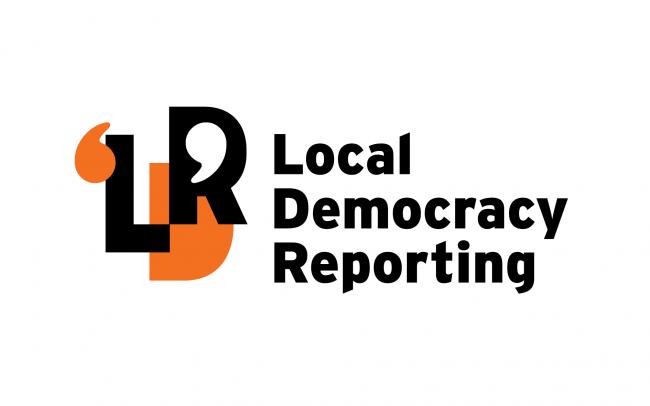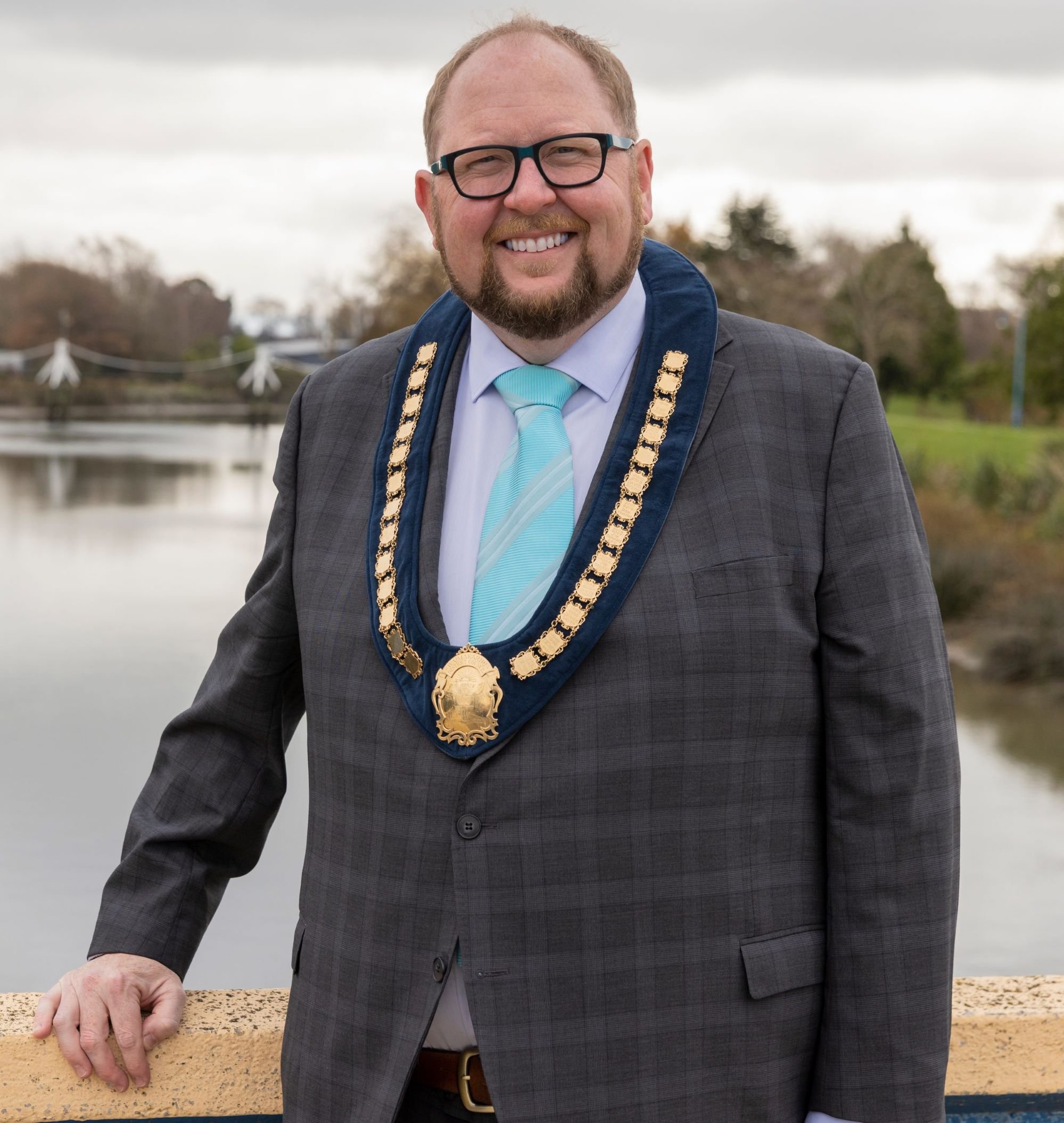For older people and frail people, the long-term benefit of medicines reduces and the potential for harm from adverse effects increases. When the benefit–risk balance changes in this way, medicine review and optimisation are important to simplify the therapeutic regimen, reduce inappropriate medicines and minimise risks. In this article, pharmacist prescriber Linda Bryant uses two case studies to illustrate important considerations during medicine reviews
Mayors demand answers on rural health services
Mayors demand answers on rural health services

By David Hill, Local Democracy Reporter
North Canterbury’s mayors are calling for answers on the future of the Waikari and Oxford Hospitals, which are badly in need of maintenance.
The small Canterbury hospitals offer residential, respite, and end-of-life care to the rural community.
Hurunui Mayor Marie Black and Waimakariri Mayor Dan Gordon said they want certainty for aged care provisions in their communities.
The mayors are hoping to meet with Te Whatu Ora Health NZ soon to get some clarity on the future of the hospitals.
‘‘My concern is Oxford Hospital hasn’t been maintained for sometime and it does compromise the overall building,’’ Mr Gordon said.
‘‘The community values the building, but it is under utilised."
He said the exterior of the Oxford Hospital building is in particular need of maintenance.
Mrs Black said the 10-bed Waikari Hospital is a critical part of local services.
‘‘We need to get some certainty of the future of these hospitals and an acknowledgement of the service provision and the important part they play in end of life care.
‘‘There is a real place for rural hospitals to serve rural communities and to take some of the pressure off the larger metropolitan hospitals.’’
Mrs Black and Mr Gordon recently met with Waimakariri MP Matt Doocey, who is also Associate Health Minister, and Kaikōura MP Stuart Smith to discuss their concerns.
‘‘We raised some issues, but we haven’t had any follow up,’’ Mrs Black said.
Health NZ Te Waipounamu regional deputy chief executive Martin Keogh said access to healthcare in rural communities is a key priority.
He said there are plans to grow the rural workforce and is working with South Island rural providers and PHOs to ensure they are sustainable.
‘‘The Oxford and Waikari rural facilities are important for the North Canterbury community.
‘‘They both deliver hospital-level aged residential care services. This includes residential, respite, and end-of-life and palliative care.’’
Mr Keogh said he plans to meet with the Canterbury Mayoral Forum again in August.
The Government recently announced a funding boost for urgent and after-hours healthcare in rural areas, but Health NZ said the details were still being worked out.
Last month’s Budget has allocated $164m over four years for urgent and after-hours healthcare nationwide.
It includes extended after-hours, 24/7 on-call in-person clinical support and improved access to diagnostics and medicines.
In a statement following the announcement, Mr Doocey said people in rural areas deserved to have the same access to healthcare as urban residents.
He said the investment will reduce travel times, improve access to services, and take pressure off emergency departments.
‘‘This is about delivering practical improvements that make a real difference for people living in rural and remote areas.
‘‘Geography shouldn’t be a barrier to getting the healthcare you need.’’
LDR is local body journalism co-funded by RNZ and NZ On Air.






![New Zealand Doctor Rata Aotearoa editor Barbara Fountain, RNZCGP president elect and Tauranga-based specialist GP Luke Bradford, Ministry of Health clinical chief advisor rural health Helen MacGregor, and Health New Zealand Te Whatu Ora clinical director primary and community care Sarah Clarke [Image: NZD]](/sites/default/files/styles/thumbnail_cropped_100/public/2025-05/1.%20Barbara%20Fountain%2C%20Luke%20Bradford%2C%20Helen%20MacGregor%20and%20Sarah%20Clarke.jpg?itok=091NETXI)
![Ngāti Porou Oranga specialist GP Elina Pekansaari and Te Nikau Hospital specialist in general practice and rural hospital medicine David Short [Image: NZD]](/sites/default/files/styles/thumbnail_cropped_100/public/2025-05/2.%20Elina%20Pekansaari%20and%20David%20Short.jpg?itok=h5XfSBVM)
![Locum specialist GP Margriet Dijkstra and OmniHealth regional operations manager (southern) Patricia Morais-Ross [Image: NZD]](/sites/default/files/styles/thumbnail_cropped_100/public/2025-05/3.%20Margriet%20Dijkstra%20and%20Patricia%20Morais-Ross.jpg?itok=jkrtRfJC)
![Golden Bay dairy farmer and dairy industry health and safety doctoral student Deborah Rhodes, and Golden Bay Community Health specialist GP Rachael Cowie [Image: NZD]](/sites/default/files/styles/thumbnail_cropped_100/public/2025-05/4.%20Deborah%20Rhodes%20and%20Rachael%20Cowie.jpg?itok=oM0_GcJc)
![Hauora Taiwhenua clinical director rural health Jeremy Webber, Australian College of Rural and Remote Medicine president Rod Martin and Observa Care director of business operations Deborah Martin, the wife of Dr Martin [Image: NZD]](/sites/default/files/styles/thumbnail_cropped_100/public/2025-05/5.%20Jeremy%20Webber%2C%20Rod%20Martin%20and%20Deborah%20Martin%2C%20the%20wife%20of%20Dr%20Martin.jpg?itok=P_aGmX_H)
![Spark Health chief executive John Macaskill-Smith and client director Bryan Bunz [Image: NZD]](/sites/default/files/styles/thumbnail_cropped_100/public/2025-05/6.%20John%20Macaskill-Smith%20and%20Bryan%20Bunz.jpg?itok=5yJvVZ0I)
![Associate dean (rural) Kyle Eggleton, third-year medical student Roselle Winter, and second-year pharmacy student Alina Khanal, all from the University of Auckland [Image: NZD]](/sites/default/files/styles/thumbnail_cropped_100/public/2025-05/7.%20Kyle%20Eggleton%2C%20Roselle%20Winter%20and%20Alina%20Khanal.jpg?itok=RQLd3TEs)
![Health New Zealand Te Whatu Ora clinical editor and specialist in general practice and rural hospital medicine Anu Shinnamon, and Whakarongorau chief clinical officer Ruth Large [Image: NZD]](/sites/default/files/styles/thumbnail_cropped_100/public/2025-05/8.%20Anu%20Shinnamon%20and%20Ruth%20Large.jpg?itok=i5TMswY9)
![Te Kahu Hauora Practice specialist GP Jane Laver and Ngāti Kahungunu ki Tāmaki-nui-a-Rua chief operations manager Tania Chamberlain [Image: NZD]](/sites/default/files/styles/thumbnail_cropped_100/public/2025-05/9.%20Jane%20Laver%20and%20Tania%20Chamberlain.jpg?itok=jtMklaCZ)